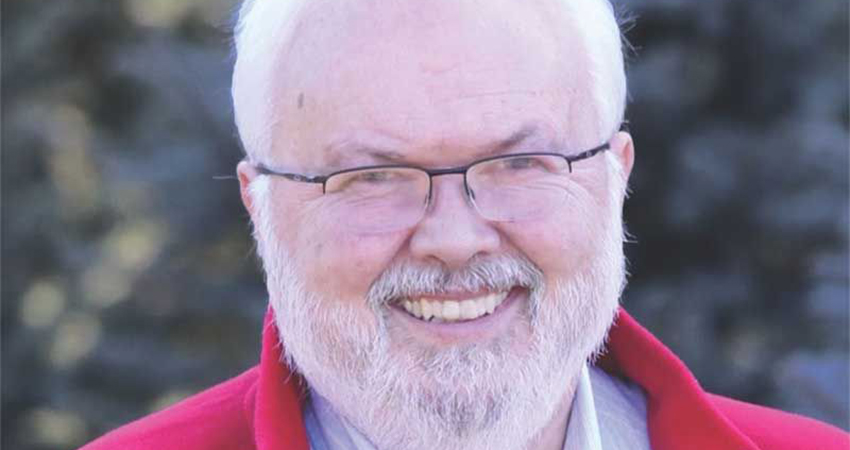Four-time Nobel Peace Prize nominee, global humanitarian, author, and former Executive Director of the Albert Schweitzer Institute of Quinnipiac University, David Ives discussed his remarkable career on July 10 via a Zoom event hosted by Noble Horizons.
The venerated peace prodigy and global humanitarian is a resident of Rhinebeck, NY, and has served as the senior advisor to the Permanent Secretariat of the Summits of Nobel Peace Prize Laureates, and is renowned for his speeches about humanitarian issues. David’s book, American Dreamer: Memoirs of a Peace Corps Volunteer in Central America and Beyond, released in March of this year, has recently been nominated for a Pulitzer Prize. The book reflects on his early experiences serving in the program, which was founded in 1961 by President John F. Kennedy.
Ives was born in Lake Placid, NY, in 1951. His father was a minister and his mother a school teacher who saw David struggle with childhood ailments early on. “When I was a young boy, I lost control of my bladder and couldn’t understand why. Soon after, I woke up in an iron lung having been diagnosed with polio,” Ives recalled during his Zoom event. “However, my mother was determined to see me walk and six months later — I was doing just that.” Ives would later go on to play collegiate football, proving his unconquerable spirit, of which he credits his parents for instilling in him. His family relocated to Ohio in 1956 and he graduated from Ohio State University in 1973 with a bachelor’s degree in social work, and later a master’s degree in counseling psychology. In 1980, he joined the Peace Corps and was stationed in Costa Rica. Working in remote areas of the Amazon, David traveled to 22 rural communities to teach agriculture and nutrition to school teachers, students, and community members.
The death of a little girl as the result of a parasitic infection caused by drinking tainted water on the island of Puerto Jiménez in 1982 compelled Ives to take his humanitarian spirit to the next level. Ives shared the harrowing story that forever changed the trajectory of his life of service: “South America was where I really saw poverty for the first time — particularly in Costa Rica,” said Ives. “While working in Puerto Jiménez, I met a family whose house was constructed using corn stalks and tin cans woven together and whose drinking water was only 100 feet away and often doubled as their sewage system.” Ives reflected, “I was called to the home where the child, who was just under one year old, was letting out long, heaving sighs as she attempted to breathe. I promised the family that the next morning I would ferry them off the island to a clinic for treatment. The next day, the family rushed to the ferry – panicked – because the young child was no longer breathing. I tried to revive the young girl, but to no avail. I remember feeling her soul leave her body and the clinic doctor would later tell me he thought she had died from having worms in her lungs — even now I can feel her lifeless body resting on my shoulder and I will never forget that moment.”
Throughout his life, David has traveled to 56 countries around the globe, and even today his spirit of activism has not dimmed. “I was once told that there are enough calories produced worldwide to make everyone fat,” revealed Ives. “It is the will of governments everywhere to ensure that nutrition is evenly distributed to those in need.”
Beyond serving the people of Costa Rica, he’s made a profound impact on countless lives worldwide. His position at The Albert Schweitzer Institute of Quinnipiac University in Connecticut has been the culmination of his life’s work. He remains dedicated to promoting the values and ideas of 1952 Nobel Peace Laureate, Dr. Albert Schweitzer. Ives has worked alongside past Nobel Peace Prize winners Jimmy Carter, Mikhail Gorbachev, and the Dalai Lama. Similar to these historic peace advocates, David shares a dream of world peace and community-centered government.
“Throughout my life I have had a lot of dreams to accomplish and obstacles to overcome for my family and friends and for the people I met and worked with around the world,” Ives reflected. “Sometimes I didn’t accomplish my dreams and sometimes I did. But more importantly, I think I helped a lot of people to accomplish their dreams in the countries around the world that I have visited.”

